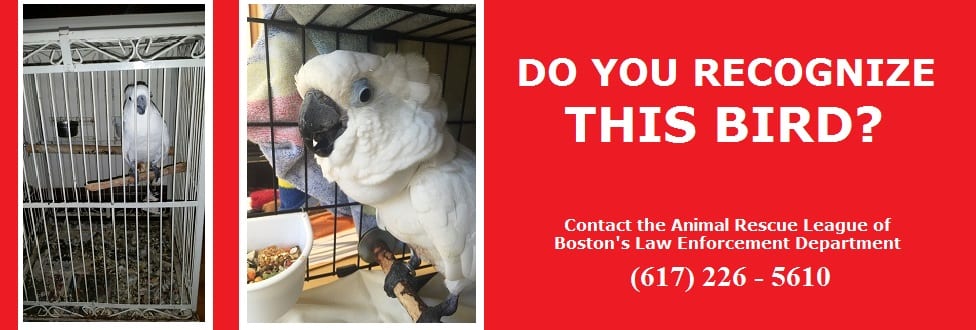Bark if You Love October
ARL Shares Top 5 Reasons Why You Should Adopt an Adult Dog
If you’ve considered adding a canine companion to your family, there’s no better time than NOW to ADOPT! October is National Adopt-a-Dog Month and the Animal Rescue League of Boston (ARL) has many adult dogs looking for their forever homes!
Many potential adopters visit animal shelters looking for a puppy. While puppies are absolutely adorable, they are also very energetic and their personalities, likes, and dislikes are still emerging.
That’s why adopting an adult dog can be a great decision for you and your family! (Hint: At ARL Animal Care & Adoption Centers, adult dogs are 1 year and older.)
When you come into ARL’s shelters in Boston, Brewster, and Dedham, our knowledgeable adoption agents will ask you about what you’re looking for in a dog in terms of energy level, personality, and compatibility with children and other pets.
It won’t take long for you to realize that one of the biggest perks of adopting an adult dog is that what you see, is what you get.
Adult dogs have passed their critical development stages, so you’ll get a good idea of whether or not their personality and energy level is the right fit for your home. They may also be an easier introduction info the family, as puppies can be fragile and act quite timid in an already active household.
Not yet convinced? The ARL’s shares top 5 reasons why you should adopt an adult dog this October:
- You’ll save a life. When you adopt, you actually save two lives: the life of the dog that you adopted, and the life of the dog that is going to take its place at the shelter. Your new pet will thank you again and again for being their hero with slobbery kisses!
- You’ll meet your perfect canine companion. At the ARL, each dog is thoroughly evaluated to assess their medical history and overall temperament. They are then given a customized behavioral and enrichment plan to prepare them for life in their future home. All this information will be presented to you at the time of the potential adoption so that you and your family members can decide if the dog you’re interested in is the right match for you.
- You’ll find variety. If you have your mind set on a dog of a particular breed or temperament, chances are that one of ARL’s shelters will have what you’re looking for! Various purebreds and mixed breeds come into our shelter at any given time, so we always have new dogs available! Don’t see a canine that catches your eye? Keep checking our list of current adoptables, as it changes every day!
- You’ll save money. Every adoptable dog at the ARL receives the following included in their adoption fee: health screening and veterinary examination; spay or neuter services; vaccinations; heartworm test and preventative; flea and tick treatment; intestinal parasite scan; microchip identification and registration; tag and collar.
- You’ll be doing something especially kind for animals in need. Adult dogs usually stay at our shelters much longer than puppies do. That’s why shelters usually charge a smaller adoption fee for adult dogs- to incentivize people to adopt them!
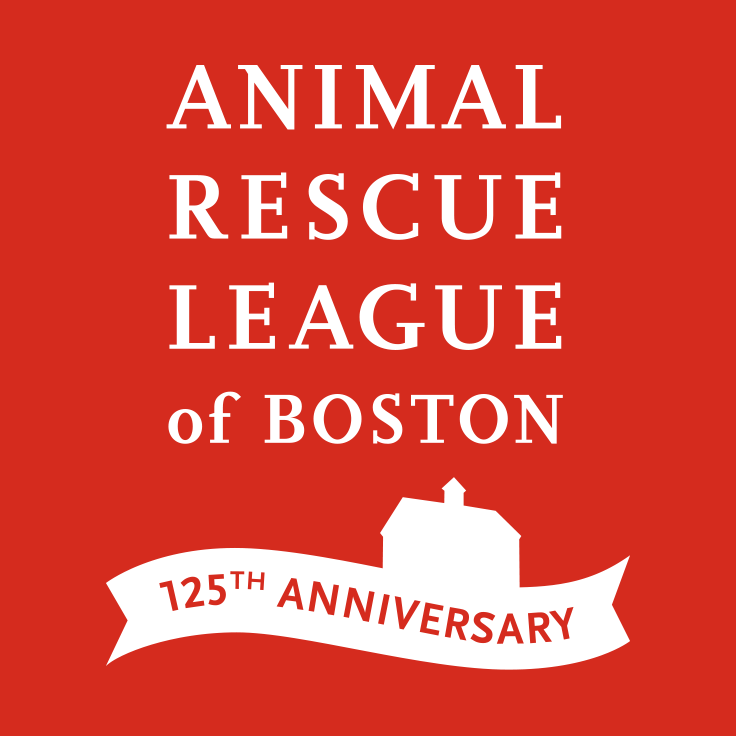
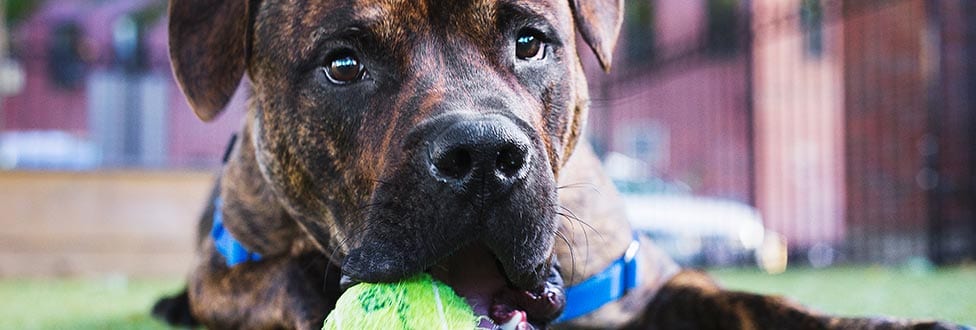
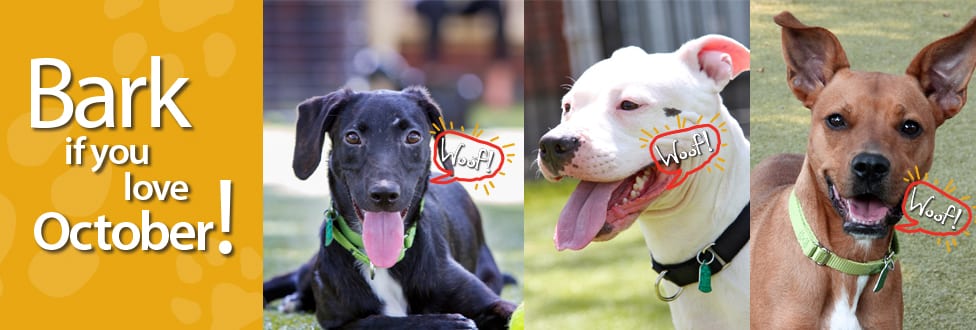
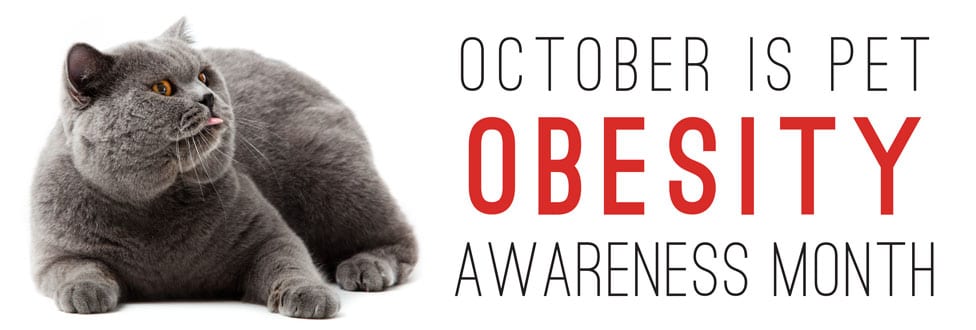
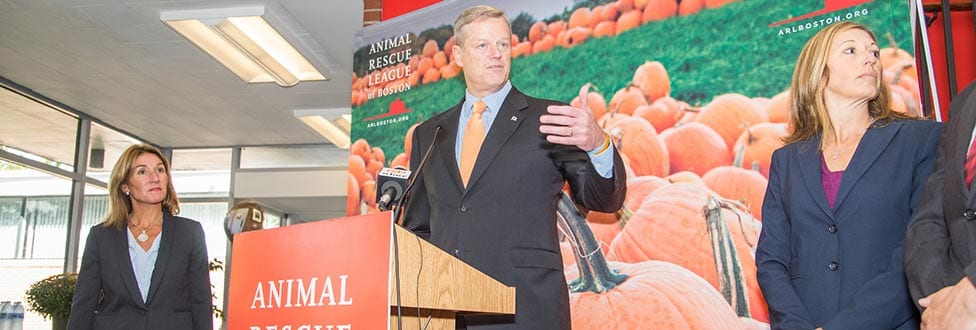



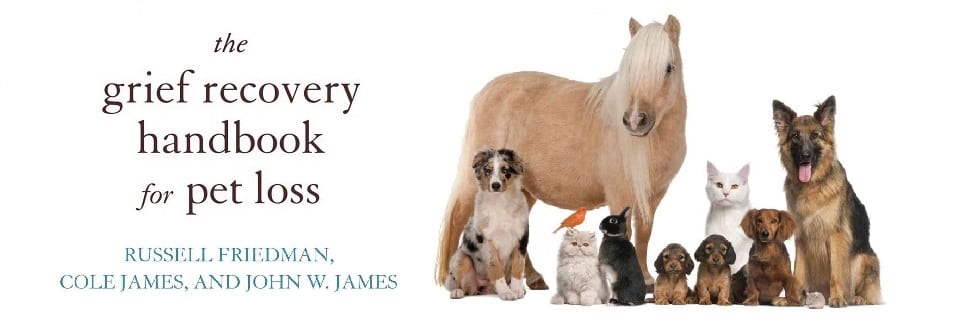

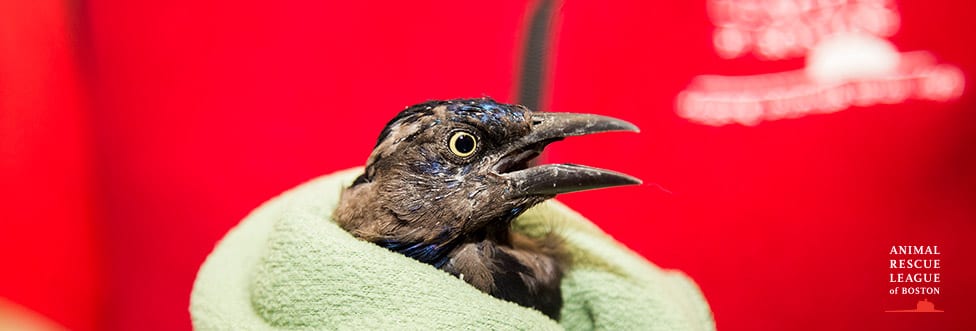



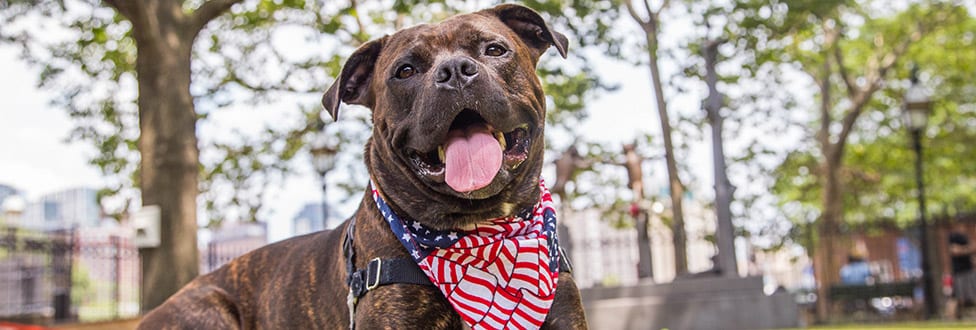

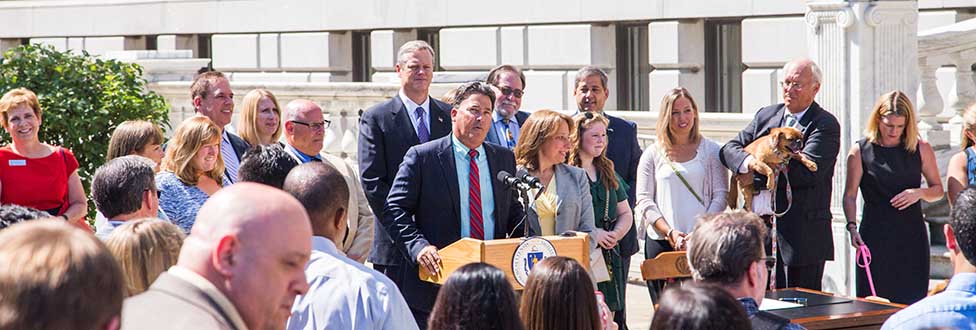
 1. Pets in vehicles, a new legal tool in place
1. Pets in vehicles, a new legal tool in place 2. Tethering of dogs, now reduced to 5 hour time limit
2. Tethering of dogs, now reduced to 5 hour time limit 3. The ARL and MSPCA can further help enforce the law
3. The ARL and MSPCA can further help enforce the law


